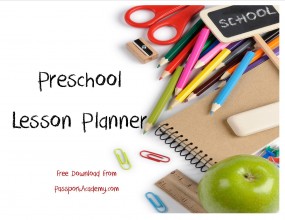Play is on the minds of many educational researchers these days.
According to the Scientific American “Free, imaginative play is crucial for normal social, emotional and cognitive development.”
With pressure to achieve higher academic gains, many schools have replaced traditional carefree playtime of kindergarten with scripted lessons that focus on literacy and math skills. The Alliance for childhood is calling for “a national movement for play in schools and communities.”
Science Daily recently reported on a study by Boston College developmental psychologist, Peter Gray, in which he theorized that the use of play helped early humans to overcome the innate tendencies toward aggression and dominance which would have made a cooperative society impossible.
According to Gray, “Play and humor were not just means of adding fun to their lives. They were means of maintaining the band’s existence – means of promoting actively the egalitarian attitude, intense sharing, and relative peacefulness for which hunter-gatherers are justly famous and upon which they depended for survival.”
If Gray is right, this might explain why aggression in schools is rising, seemingly in direct proportion to the extended school day and shortened recess and free time.
Are you making time for play in your curriculum or educational program?












It is so sad that what often gets cut from kindergarten programs is the element of play. Play is important throughout child and adulthood (think about the popularity of Farmville across all demographics), we obviously have a propensity for play. Educators need to tap into this natural learning resource more often.
Everything man made has been developed because someone imagined it. Imagination comes from play. It is so important that we all have time to play. The best learning also comes from fun and playful situations. Great post.